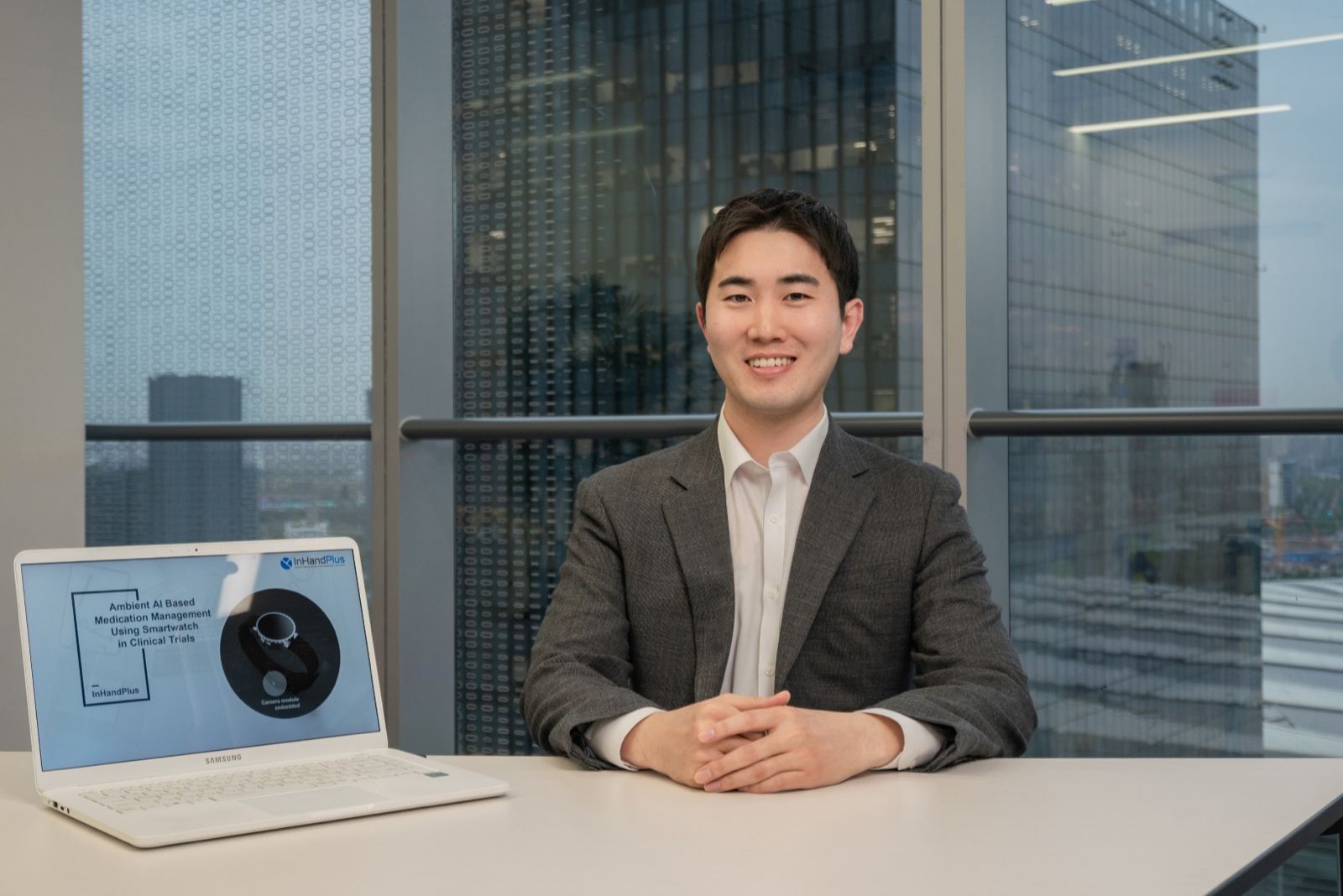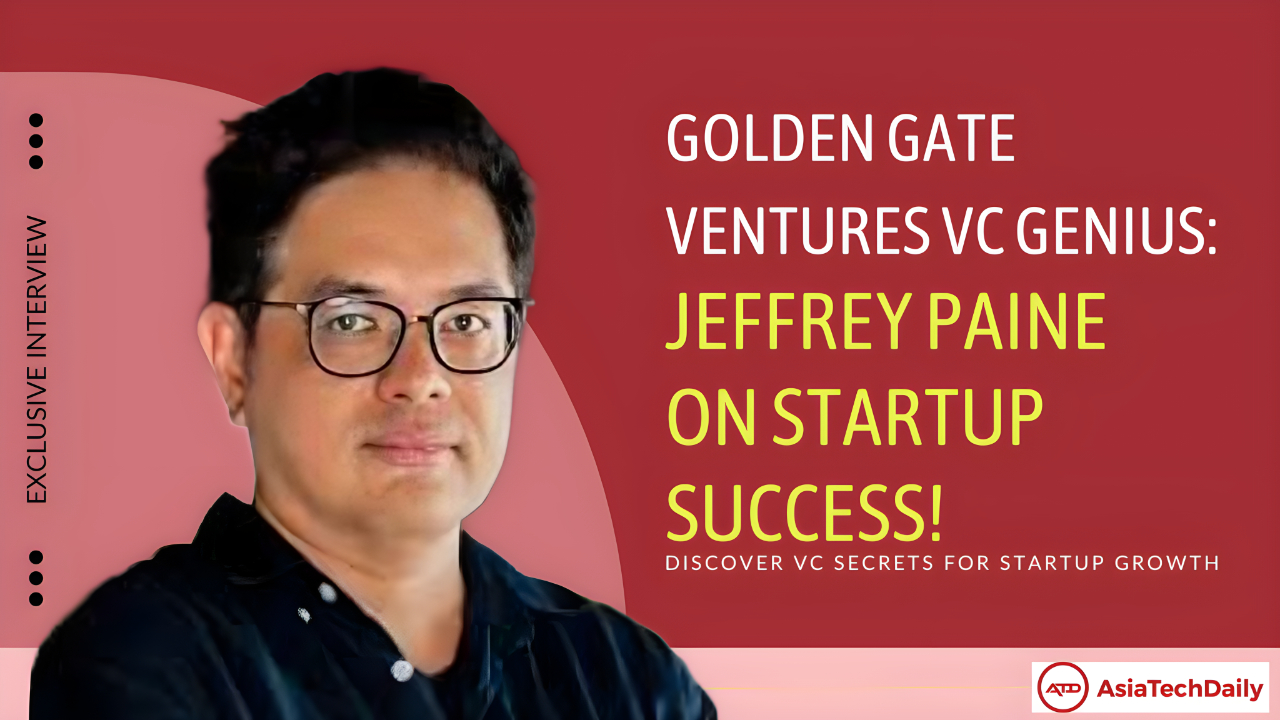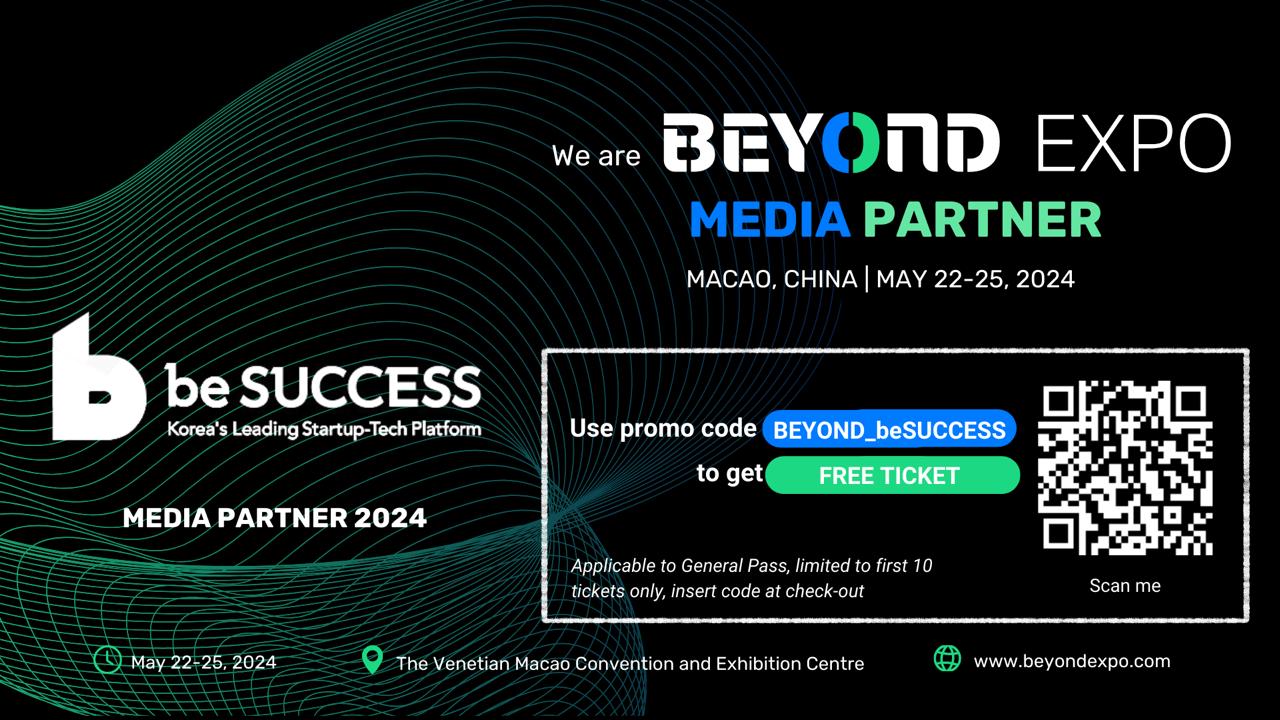AsiaTechDaily – Asia's Leading Tech and Startup Media Platform

How Uri Bettesh, Founder And CEO Of Datos Raised $9.2M To Build A Next-Gen Remote Care Platform!
Mr. Uri Bettesh brings over 18 years of experience as a technology executive and a passionate entrepreneur with a proven track record of success in leading business operations and technology implementations. Uri is a visionary leader with the ability to initiate and execute innovative strategies, engage with highly professional management teams, and lead to results in a fast-changing business environment. He was inspired to found Datos after experiencing a life-altering event. Datos is a fully automated Remote Care platform designed to directly connect patients with medical sources of care from the comfort of their own homes, for improved quality of life.
Before Datos, he served in various executive positions, such as GM of NCR Food Drug & Mass Merchandising division, VP Product of Retalix, and more. Uri holds a BSc in Industrial Engineering and a master’s degree in System Engineering from the Technion, Israel Institute of Technology.
In an exclusive interview with AsiaTechDaily, Uri says:
Storytelling is everything. No matter how good a product or solution may be, the ability to articulate the need it addresses and demonstrate value will be key for encouraging both investor buy-in and customer adoption.
With the benefit of hindsight, I can appreciate how much more the entrepreneurial world suits me, compared to that of enterprise and commerce. If I could go back 10 years, I guess I would be doing what I am doing now, except that I would already be on to my second round of entrepreneurship, having accumulated the knowledge to set up and run a startup company and developed a greater understanding and appreciation of the challenges and mistakes I have made along the way.
The realization that I am part of an incredible team dedicated to realizing a vision that can improve the lives of millions of people and change healthcare for the better provides all the motivation I need.
Read on to know more about Uri Bettesh and his journey.
Please tell me about your personal background, and What motivated you to get started with your company?
Uri Bettesh: I have almost 20 years’ experience as a high-tech executive and entrepreneur leading business operations and technological implementations. Before founding Datos, I served in various executive positions, including as General Manager for NCR Corp., a leading provider of banking and commerce solutions, and VP Product for Retalix, a provider of IT solutions and services for the retail sector.
I was inspired to found Datos after experiencing a life-altering event in which my father-in-law, who was a diagnosed cardiac patient, had to undergo urgent open-heart surgery suddenly. I wanted to understand how such an event could occur so suddenly and why, for a man who had been chronically unwell for many years, it had not been possible to monitor him and detect the deterioration in his condition before reaching the stage of requiring emergency surgery. This experience led to my founding Datos, a company that manages patient-generated health data and can monitor the trajectories of chronically ill individuals.
What is your current main product, and can you share any previous product pivot story to the current product?
Uri Bettesh: Our current product is the Datos Remote Care Platform, which delivers intelligent automation for truly data-driven remote care pathways.
An exceptionally comprehensive and scalable platform, it agnostically integrates with wearables and medical devices to deliver a valuable stream of clean, validated, and relevant patient data. The platform applies advanced algorithms to this aggregated data, continuously analyzing all information to detect and predict anomalies and deliver clinical insights for personalized and adaptable care pathways.
Having realized that wearable sensors provided a new way to collect patients’ medical data, even when they were not in the hospital, the challenge was introducing digital tools that can utilize the data for maximum results and, ultimately, revolutionize healthcare delivery.
It took some time to understand what was missing in the market and what type of remote care would enable us to deliver true value to our customers.
How much money have you raised in total so far? When was the recent funding round?
Uri Bettesh: In early April 2020, we announced the completion of a $7 Million Series A round of financing, bringing our total funding to $9.2 Million. This will enable the company to expand its sales and marketing efforts, accelerate product development, increase talent acquisition, and foster continued growth.
The investment was led by Israeli venture fund Crescendo Venture Partners, who was impressed by the robustness and versatility of our platform solution. They were followed by Industry Ventures, a leading U.S. venture capital fund, that joined existing investors Vertex and Angular Ventures.
How have you attracted users, and with what strategy have you grown your company from the start to now?
Uri Bettesh: Two factors have helped us increase awareness of our product in the market over the past few months:
The investment we closed has allowed us to increase our marketing budget and invest in more extensive marketing efforts than before. This has included the launch of a new website, increased activity on social media channels, and intensive PR efforts highlighting our domestic and international activities.
The current Coronavirus pandemic has been a key factor in raising widespread awareness of the need for intelligent remote patient monitoring solutions like Datos, as a way for health systems to keep providing excellent care to patients without the risk of physical visits to hospitals and clinics.
Which has been the best marketing software tool for the growth of your startup, and why?
Uri Bettesh: As a relatively early-stage B2B company, we have only just begun our marketing efforts. In conjunction with traditional marketing and PR tools, social media platforms such as LinkedIn and Twitter have been central to our activities.
What do most startups get wrong about marketing in general?
Uri Bettesh: Many companies tend to focus too much on messages to the market based on their technological capabilities, rather than fully articulating the actual benefits they are bringing to potential customers and demonstrating a deep understanding of the challenges and needs of the market.
What were the internal decision processes in determining when to begin fundraising, and what were the logistics for this? And how many investors have you met so far, and how did you meet these investors and which channels worked best for you?
Uri Bettesh: The methods used to raise funds for the company varied according to each individual round of investment. Significant effort was devoted to how we would tell our story to potential investors. This was especially challenging as we are introducing disruptive technology to a market that has only just begun its digital transformation. Intensive preparation was essential before every investor meeting, leveraging the considerable experiences from a range of colleagues and associates. Personal friends and professional associates also served as a vital conduit for introducing Datos to potential investors. Such close personal and professional relationships were key to opening the doors to these investors and provided a positive background before each meeting. These methods have facilitated positive interactions with numerous current and potential investors.
What are the biggest challenges and obstacles that you have faced in the process of fundraising? If you had to start over, what would you do differently?
Uri Bettesh: The biggest challenge involved convincing investors in supporting a new company bringing a relatively novel concept to the market. We were creating a seemingly new market category. It was essential to demonstrate that the foundations for this not only already existed but would become one of the leading categories in the future of healthcare. Once we were able to prove this and show how Datos could become a leader in this industry through our existing revenue and ambitious pipeline, the entire fundraising process flowed faster and simpler.
What are your milestones for the next round? And what are your goals for the future?
Uri Bettesh: Our two primary goals, ahead of the next round of fundraising are:
- To double our customer base
- To achieve at least a twofold increase of Annual Recurring Revenue (ARR)
How do you plan to expand globally?
Uri Bettesh: Our current go-to-market strategy is to increase marketing activities in the U.S. health industry, where we already have over 20 customers, including top teaching hospitals and Tier-1 pharmaceutical firms.
What are the most common mistakes companies make with global expansion?
Uri Bettesh: As mentioned above, the most common mistake is lack of focus and trying to “boil the ocean” instead of demonstrating specific areas where they can bring real value.
How do you handle this COVID-19 outbreak situation for your company’s survival in the future?
Uri Bettesh: As a relatively small and flexible company, we were able to transition to remote work mode fairly early and seamlessly. It worked very well for us, primarily because our employees were already familiar with working with colleagues and customers located in different geographies and time zones. As demand for our COVID-19 telemedicine solution increased, we were working around the clock and experienced no reduction in motivation or productivity.
What are the most common mistakes founders make when they start a company?
Uri Bettesh: One of the key mistakes technology founders tend to make is developing a solution that does not address a specific challenge. They then find themselves having to find a problem that fits their solution, rather than introducing a solution which solves a market need.
What’s the best advice you’ve ever received? And What advice do you have for someone who is interested in doing similar things like yours or in a similar direction?
Uri Bettesh: Storytelling is everything. No matter how good a product or solution may be, the ability to articulate the need it addresses and demonstrate value will be key for encouraging both investor buy-in and customer adoption.
What are the top-three books or movies (TV series) that changed your life and why?
Uri Bettesh: Top of the list must be the book Sapiens: A Brief History of Humankind by Yuval Noah Harari. The book surveys human society’s development, from the evolution of archaic human species through the Stone Age and the ancient world and right up to the twenty-first century. After reading the book, I also made sure to attend Prof. Harari’s courses. For me, this is an example of being able to describe a complex subject with incredible precision coupled with critical thinking.
I was completely taken by the movie The Inventor: Out for Blood in Silicon Valley (2019), the story of Elizabeth Holmes and the Theranos scandal. The film charted the development of the company and a culture of deception and fraud, which was one of the biggest in recent years in the field of technology. The sheer scale of lies and deceit in an industry which relies heavily on trust and accountability was truly shocking.
The most recent influential TV series I watched was Hillary, the documentary series about Hillary Clinton. The inner conflict of a liberal and idealistic woman and the compromises she had to make upon entering the pragmatic and morally ambiguous world of politics was particularly compelling.
How do you keep yourself motivated every day?
Uri Bettesh: The realization that I am part of an incredible team dedicated to realizing a vision that can improve the lives of millions of people and change healthcare for the better provides all the motivation I need.
What are the one or two things that you would do differently to improve your life if you could go back to 10 years ago?
Uri Bettesh: With the benefit of hindsight, I can appreciate how much more the entrepreneurial world suits me, compared to that of enterprise and commerce. If I could go back 10 years, I guess I would be doing what I am doing now, except that I would already be on to my second round of entrepreneurship, having accumulated the knowledge to set up and run a startup company and developed a greater understanding and appreciation of the challenges and mistakes I have made along the way.
You can follow Uri Bettesh here.
Are you looking to secure investment for your startup or a keen startup enthusiast, keep an eye on our interview section.
Follow Asia Tech Daily to know about the innovative startups and how they are revolutionizing the ecosystem.





